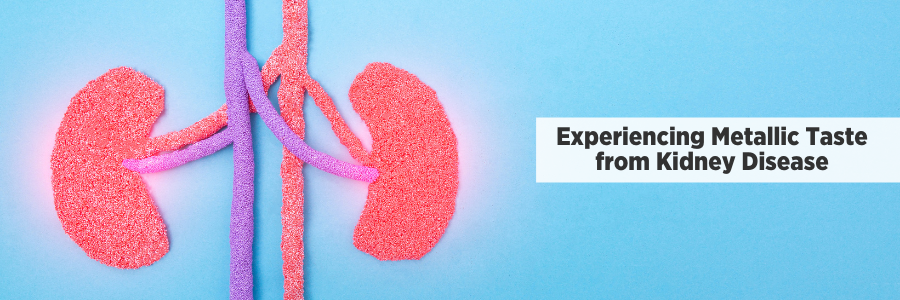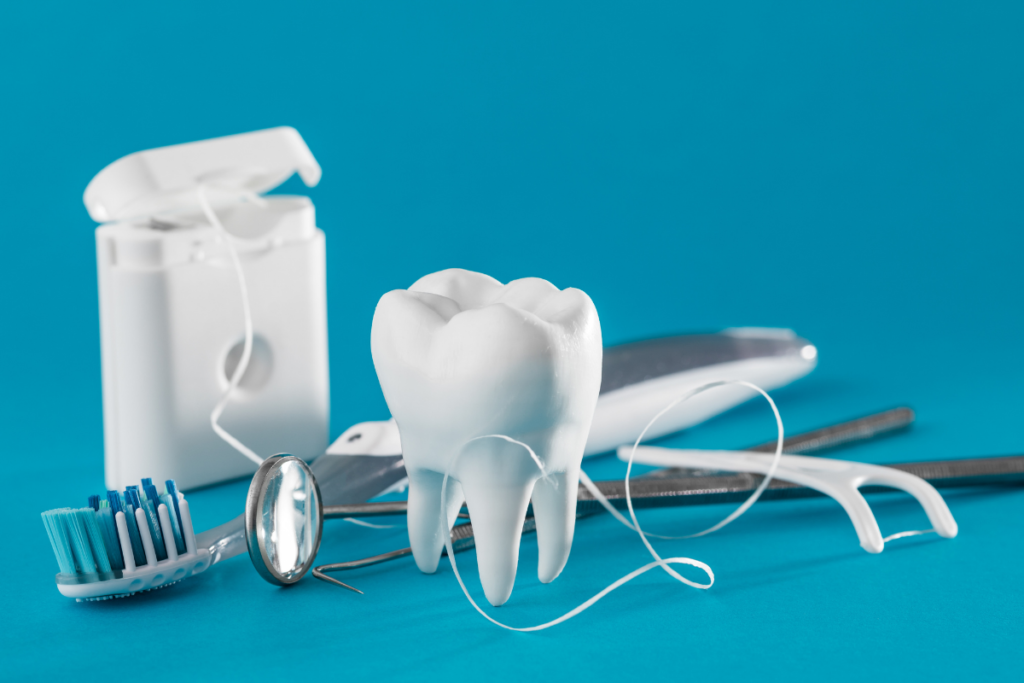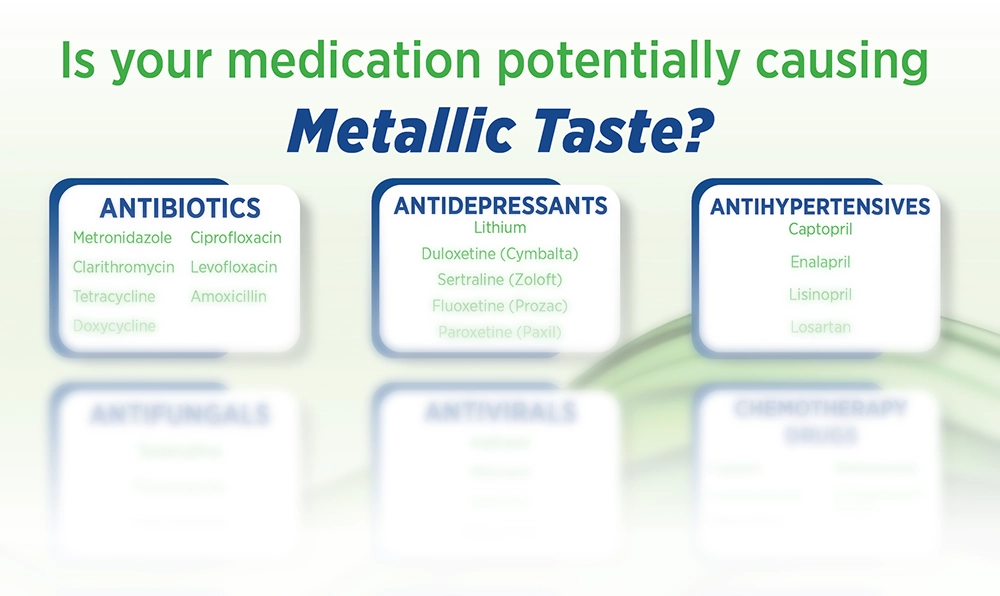


I have been a registered dental hygienist for over a decade. I have had the pleasure of working with amazing patients and educating them on their oral health throughout my career. Recently, I made the conscious decision to branch out within the dental field, choosing to maintain my dental hygiene license, and become a dental educator.
With a passion for oral and systemic health, I have seen clinically the direct impact systemic health can have on oral health. I will be extending my knowledge outside of the dental chair into the world and making an impact on the lives of others. Learn more about Sara, here.
I have been a registered dental hygienist for over a decade. With a passion for oral and systemic health, I have seen clinically the direct impact systemic health can have on oral health. I will be extending my knowledge outside of the dental chair into the world and make an impact on the lives of others. Learn more about Sara, here.
The normal function of the kidneys is to filter and remove waste, toxins, and excess water from the blood. The kidneys also control the electrolyte balance of sodium, potassium, phosphorus, calcium, and other chemicals in the body.
The filtering process is done in the kidneys through structures called nephrons. Nephrons are the functional unit of the kidneys that produce urine as excess waste is filtered out from the blood.
Kidney disease may be a sign of renal failure. It is the sudden loss of the ability of the kidneys to remove waste from the body, and properly concentrate urine without losing electrolytes.
Kidney disease is caused by dysfunction and dysregulation of normal kidney functions. This dysfunction of the kidneys means they cannot filter blood the way they should, therefore, increasing toxins in the blood and increasing systemic damage.
You are at a greater risk for kidney disease if you have diabetes or high blood pressure, as this will increase fluid retention in the body.

As your kidney function declines, waste builds up in your blood, this is called uremia. Uremia can lead to a metal-like taste in your mouth and bad breath. It may also lead to a loss of appetite, as foods can change in taste. This altered, metallic taste is medically known as dysgeusia.
As waste builds up in your blood from the dysfunction of the kidneys, it may alter the normal healthy zinc levels in the blood, which may also cause a metallic taste. As the disease progresses, this may increase the symptoms of altered or metallic taste. If you have kidney disease, this will negatively impact the quality of your life.
An altered, or unpleasant taste increases the tendency to add excessive amounts of salts, fats, oils, sugars, and condiments to satiate taste cravings. This may intensify the risk of diabetes, heart disease, obesity, and other serious systemic health complications. The risk for oral health diseases and decay rates may also be affected due to an increase in sugars, sweets, and fermentable carbohydrates.
Dysgeusia can also cause a lack of appetite due to an aversion to certain foods. This may lead to weight loss in those suffering from altered taste.
Little can be done to eliminate the metallic taste associated with kidney disease, however, here are some tips to temporarily alleviate metallic and altered taste:

It is important to always be in contact with healthcare professionals about any changes in your conditions or symptoms. Lastly, taking control of your metallic taste symptoms is crucial for your quality of life.
CITED WORK:
Maheswaran, T., Abikshyeet, P., Sitra, G., Gokulanathan, S., Vaithiyanadane, V., & Jeelani, S. (2014). Gustatory dysfunction. Journal of Pharmacy and Bioallied Sciences, 6(5), 30. https://doi.org/10.4103/0975-7406.137257
Meyer, T. W., & Hostetter, T. H. (2007). Uremia. New England Journal of Medicine, 357(13), 1316–1325. https://doi.org/10.1056/nej mra071313
MetaQil is the #1 solution for symptomatic relief of metallic taste. MetaQil’s scientifically designed formula alleviates metallic taste caused by chemotherapy, GERD, and a variety of medications.
MetaQil gently cools the mouth and provides instant, long-lasting relief from metallic taste symptoms. It has a mild flavor and does not “sting” the mouth like an every-day mouthwash. Regular use of MetaQil can help patients return to healthy eating and adequate nutrient intake.
For best results, use approximately 5 ml (one teaspoon) of MetaQil®, rinse for 30 seconds, and spit out. MetaQil can be used on an as-needed basis. Use alone or after each time you brush your teeth
Important: If you are pregnant or breastfeeding, please consult your physician before using MetaQil. Do not use MetaQil if you are taking any medications that are contraindicated with the product. Please consult with your physician if you have any concerns regarding the use of this product. Keep out of reach of children.
For more information about MetaQil, click here.
